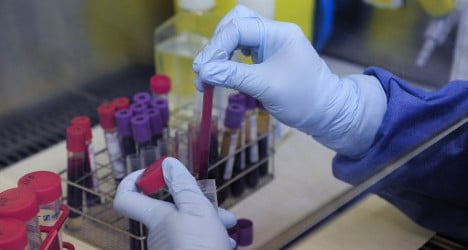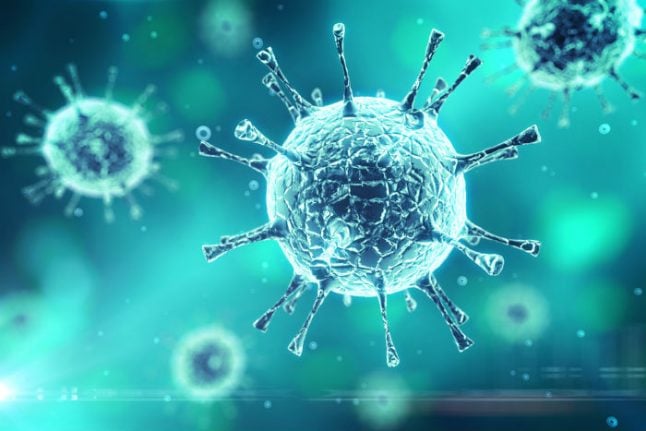A therapeutic vaccine treats a disease rather than preventing it.
Barcelona's Hospital Clinic said it would conduct the trial as part of a four-year research project being carried out with other centres in Spain, Belgium and The Netherlands.
“The goal is to achieve a functional cure of HIV,” said Josep Maria Gatell, director of the Hospital Clinic's infectious disease unit.
“This would mean that we are able to control HIV in infected people without having to provide them with anti-retroviral treatment their whole lives,” he told a news conference.
More than 30 million people worldwide are infected with HIV, most of them living in developing countries, Gatell said.
“Although combined anti-retroviral therapy has proven to be highly effective to prevent clinical progression and death, by itself it is unable to eradicate the infection and other alternative approaches are urgently needed,” he added.
The therapeutic vaccine research project has received €6 million ($8.3 million) in funding from the EU's executive European Commission.
The trial is being conducted on an updated version of a vaccine unveiled by the same research team in January 2013 which was found to temporarily brake growth of the HIV virus in infected patients.
That vaccine was tested on 36 people carrying the virus and was found to be safe for humans.
It led to a dramatic drop in the amount of HIV detected in some patients but it lost its effectiveness after a year, when the patients had to return to their regular combination therapy of expensive anti-retroviral drugs.
The vaccine, dubbed VIH-TriMix-ARNm, is based on the patient's own RNA, a nucleic acid in all living cells which conveys genetic information. RNA is also being used to try to develop new treatments against cancer.
Researchers have tested the updated vaccine on animals and the first results will be known during the first half of 2014.
After carrying out toxicity tests on people in 2014, the first phase of clinical trials in humans will begin at the Hospital Clinic in 2015. The aim is to determine the appropriate dose and the vaccine's safety.
If the vaccine passes this phase, researchers will start testing its effectiveness on 40 patients and two control groups of 15 people each in either 2016 or 2017.
Don't miss stories about Spain, join us on Facebook and Twitter.




 Please whitelist us to continue reading.
Please whitelist us to continue reading.
Member comments